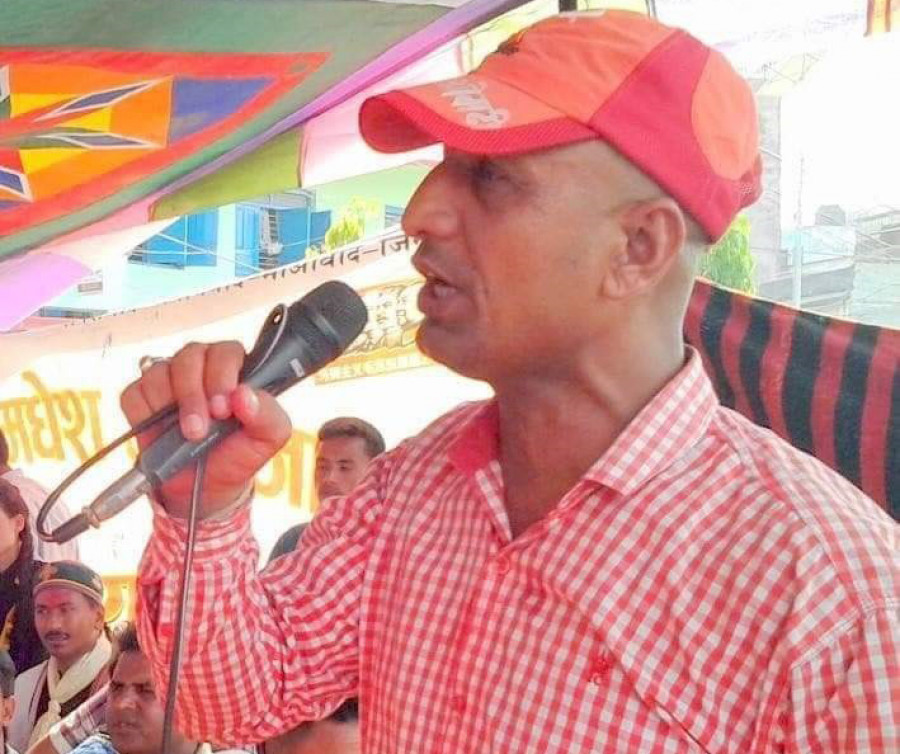Editorial
The pursuit of justice
Security establishments cannot continue to shield their officers accused of extrajudicial killings.
The police have finally registered a complaint against the alleged extrajudicial killing of Kumar Paudel, more than two years after the Communist Party of Nepal leader was murdered. The complaint was registered against three police officers at the District Police Office, Sarlahi only after a prolonged campaign by Paudel's mother, Durga Devi, which led to the Supreme Court's issuing a directive on September 28. Paudel, the Sarlahi district in-charge of the then underground party led by Netra Bikram Chand, was allegedly killed in cold blood on June 20, 2019, in police custody. Although the police and the then home minister Ram Bahadur Thapa had claimed that Paudel was killed in an exchange of fire, an investigation by the National Human Rights Commission in October last year revealed a clear case of extrajudicial killing.
"Our investigation has shown that the government claim wasn't right," the commission had told the Post after completing the investigation. "Paudel was killed after his arrest." Despite the incriminating conclusion by the commission, the police had dilly dallied registering a complaint against their officers, leading to rights organisations, including Human Rights Watch, questioning the Nepal government's commitment to the rule of law. The registration of the complaint, therefore, is a small triumph for Paudel's family and for the individuals and organisations calling for accountability on the part of the country's security forces.
The apex court's order should not have been necessary to register a complaint in the Paudel killing case. The road ahead will not be easy, but the recent development has vindicated the struggle by the individuals and the institutions fighting for justice for Paudel. The government should not ensure that fresh and impartial investigations are conducted on the case and justice delivered. This is not just a case of a leader of an underground party being killed in what is allegedly a fake encounter, but it is also an example of how impunity runs deep in our security establishments. As the country tries to leave a fractured past behind and move towards a future of peace, it is crucial to ensure that extrajudicial killings in any name should be investigated and dealt with impartially.
The failure to resolve complaints of gross violations of human rights during the 10-year Maoist insurgency by both the government and the rebel forces continues to taint Nepal's image in the world. Only recently, Foreign Minister Narayan Khadka lied to the world while claiming, at the 76th session of the UN General Assembly, that Nepal was committed to concluding the transitional justice process. Fifteen years after the insurgency ended and six years after two transitional justice bodies were set up, the victims and their families await justice as the government shows no urgency in dealing with insurgency-era human rights abuse cases. Security establishments cannot continue to shield their officers accused of extrajudicial killings and other forms of gross violations of human rights at the risk of tainting the name of the establishments themselves. They should, instead, rein in their officers and ensure that the rule of law prevails above all else.




 13.12°C Kathmandu
13.12°C Kathmandu














